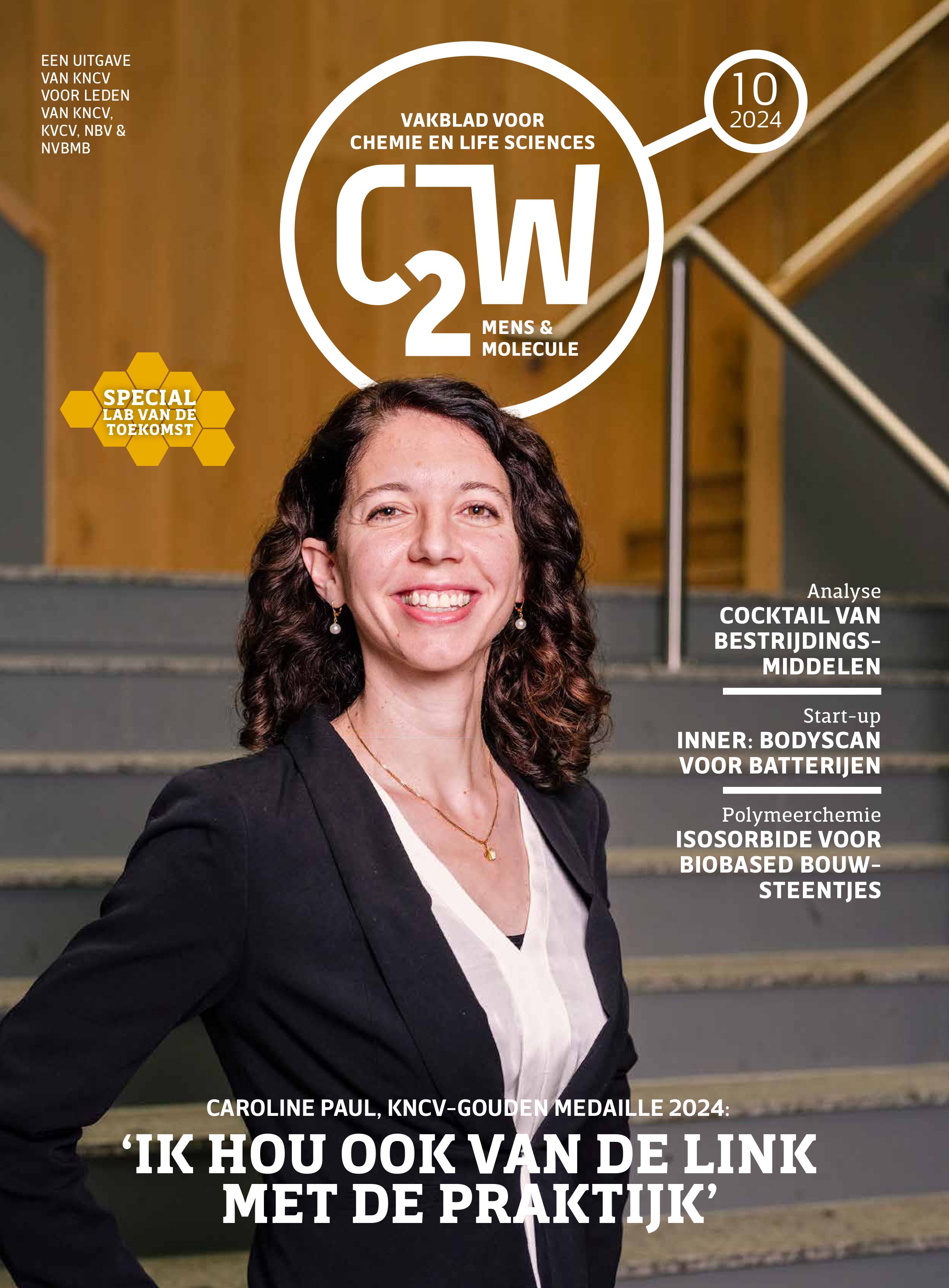Would you like to add an event to this list? Simply register your event using this form.
Additive manufacturing of subject-conformal MRI hardware

Category
Ph D Defense
Date
2023-10-25 17:00
Venue
KU Leuven, Arenbergkasteel, Aula Arenbergkasteel, 01.07 - Kasteelpark Arenberg 1
3001 Leuven, België
3001 Leuven, België
Promovendus/a: Hanne Vanduffel
Promotor(en): Prof. dr. ir. Rob Ameloot, Prof. dr. Dimitrios Sakellariou
Magnetic Resonance Imaging (MRI) is a cornerstone in medical diagnostics and research, offering unparalleled insights into the human body. However, the technology has room for improvement, particularly in the realm of customization and precision. This research addresses these challenges head-on by employing advanced 3D printing techniques to create specialized components for MRI machines, specifically RF coils and passive shims. These components are critical for enhancing image quality by optimizing signal-to-noise ratios and ensuring uniform magnetic fields.Traditional manufacturing methods for these components have limitations. They often employ a one-size-fits-all approach, which can result in subpar image quality due to field distortions and poor signal reception. The research aims to overcome these limitations by creating subject-specific designs that are tailored to individual anatomical structures. This level of customization has been shown to significantly improve signal accuracy, imaging analysis, and diagnostic precision.
The study explores a variety of 3D printing techniques, such as Stereolithography and Powder Bed Fusion, for the fabrication of these specialized RF coils. It even investigates the use of alternative materials like aluminum as a potential substitute for copper, aiming to improve the performance of hybrid MRI systems. Another innovative approach discussed is the use of a binder jetting printing technique for creating passive shims. This method involves the precise application of ferromagnetic nanoparticles to correct complex magnetic field distortions, known as B0 inhomogeneities.
One of the standout features of this research is its focus on automated design methodologies and digital workflows. These automated processes not only speed up the transition from design to operational use but also significantly reduce production costs. The study also includes comprehensive quality evaluations and benchmarking against current state-of-the-art hardware to ensure that the 3D printed components meet or exceed existing standards.
In summary, this research offers a transformative approach to MRI technology by leveraging the precision and adaptability of 3D printing. It opens the door to unparalleled design freedom, allowing for the customization of MRI hardware to individual patient specifications. By doing so, it sets a new benchmark for accuracy, efficiency, and cost-effectiveness in MRI diagnostics.
All Dates
- 2023-10-25 17:00
Powered by iCagenda

